The Galaxy A32 has lots of exciting upgrades, but it misses out in terms of value.
Samsung makes the best cheap Android phones, with the Galaxy A lineup selling tens of millions of units every year. The South Korean manufacturer got rid of the Galaxy J series two years ago and folded those devices into the Galaxy A lineup as well, and as a result, it now includes options that cost under $100. At the other end of the price bracket, you'll find robust mid-range options like the Galaxy A71.
The Galaxy A series has taken on an increased significance over the last year as potential buyers switched to the Galaxy A51 or A71 in place of the Galaxy S20 series as a way to save some cash. With the Galaxy A32, Samsung is adding a few exciting features: there's now a 90Hz AMOLED screen and 64MP camera at the back, with Samsung positioning the high refresh rate as a differentiator for the device.
The Galaxy A32 also has updated hardware, and while it gets a few things right, it doesn't quite offer the same value as the likes of the Redmi Note 10 Pro Max, which has a 120Hz AMOLED and 108MP camera as well as 33W fast charging. That said, the Galaxy A32 has an unassailable trait that ensures it will outsell all other budget phones: global availability. Samsung will sell the Galaxy S32 in just about every country it does business, and the South Korean giant sells phones in over 150 countries.
It's this sheer scale that gives the Galaxy A32 an edge over Xiaomi, Realme, Motorola, Nokia, and other budget phone manufacturers. Samsung knows it can get away with selling a product that doesn't necessarily offer the best value in this category. We know that Samsung can make a value-focused phone and sell it at an aggressive price — the Galaxy S20 FE is proof of that.
Samsung isn't doing that with the Galaxy A32 — or any phone in the Galaxy A series, for that matter — because it doesn't need to. Even though the Galaxy S32 doesn't deliver the same level of performance as other options, it may just be the only phone available in this particular segment for most of the world. So let's see what you get with the device and what's missing in this Galaxy A32 review.
Samsung Galaxy A32
Bottom line: The Galaxy A32 has a fresh new design, 90Hz AMOLED display, massive 5000mAh battery, and will get three years of Android updates. But the phone constantly lags in day-to-day use, fast charging is limited to 15W, and you just don't get the same value as other phones in this category.
The Good
- 90Hz AMOLED display
- Minimalist design
- Great cameras
- Stellar battery life
- Three guaranteed Android updates
The Bad
- Noticeable lag in day-to-day use
- Fast charging limited to 15W
- Not as good value as rivals
Samsung Galaxy A32: Price and availability
Samsung unveiled the Galaxy A32 on January 13, 2021, and the phone made its way to global markets, starting with India on March 3. The phone is available in a single configuration with 6GB of RAM and 128GB of storage in India, retailing at ₹21,999 ($300).
That's for the 4G version of the device powered by MediaTek's Helio G80 chipset; Samsung also has a 5G-enabled version of the Galaxy A32 featuring the Dimensity 720 5G that will make its debut in the U.S. and other markets later this year.
The Galaxy A32 is available in four color options: Awesome Black, Awesome White, Awesome Blue, and Awesome Violet.
Samsung Galaxy A32: What Samsung got right
Samsung has constantly refreshed designs in the Galaxy A series over the last 18 months, and that particular trait hasn't changed with the Galaxy A32. The phone has a minimalist design and borrows the camera rings from the Galaxy S21 series, but there's no housing itself; the rings just protrude directly from the chassis.
The Galaxy A32 has a unique design with the camera rings protruding from the chassis.
The phone has four cameras, with three sensors arranged vertically and the fourth module sitting to the right, above the LED flash unit. It is an interesting design, and while the Awesome Black version that I'm using looks rather plain, the blue and violet color options stand out a bit more. The one advantage of not having a camera housing is that there's very little wobble when using the Galaxy A32 on a flat surface.
The back itself is made out of plastic, and there are no subtle curves this time around where the back meets the mid-frame. Samsung went with a more rectangular design, and while the frame itself has a metallic feel, it is also made out of plastic. As a result, the phone comes in at a relatively lightweight 184g despite offering a large 5000mAh battery.
With a height of 158.9mm, 73.6 width, and thickness of 8.4mm, the Galaxy A32 doesn't feel unwieldy at all and is great to hold and use. The phone has an in-screen fingerprint sensor, and while that is a nice addition, it takes a second for the sensor to authenticate your biometrics and unlock the phone. You also get software-assisted face unlock, and it is faster, albeit less secure.
The Galaxy A32 has the volume and power buttons on the right, and they're easy to reach when you're using the phone. You'll also find a 3.5mm jack at the bottom next to the USB-C port and the speaker, and Samsung offers a full-width SIM card tray that houses two SIM cards as well as a microSD slot.
Up front, the Galaxy A32 has a waterdrop cutout and a noticeably thick bottom bezel. Samsung switched to hole-punch cutouts on its flagships, but the A32 offers the older Infinity-U cutout, and it doesn't look quite as modern. But the key highlight is the display itself, with Samsung offering a 90Hz AMOLED panel for the first time in this segment.
The 90Hz AMOLED panel is a standout addition — Samsung outdid itself here.
The phone has a 6.4-inch display with an FHD+ resolution (2400 x 1080), and you get to pick from the Vivid or Natural screen modes and adjust the color temperature manually. The screen is set to the standard 60Hz refresh out of the box, so you will have to go into the settings to change it to 90Hz.
The panel itself is just as good as last year's A31, with vibrant colors and great contrast levels. The 90Hz refresh rate does make a difference in a few use cases like scrolling through social media or browsing in Chrome, and it is a remarkable
You will see a lag in mundane tasks like launching an app, switching between apps, and sometimes even during browsing. That takes away from the overall experience of the 90Hz display, but having said that, the chipset is better than what Samsung offered with the Galaxy A31.
A big differentiator for the regular Galaxy A32 is the 64MP camera at the back. The primary lens sits in the middle of the camera array, with the 8MP wide-angle lens above and the 5MP portrait lens below. The 5MP macro lens is on the right above the LED flash module. There's a 20MP front camera as well that's unchanged from last year's Galaxy A31. The camera interface itself is the same as last year, and you'll find shooting modes and toggles for timer, flash, and beauty effects.
The Galaxy A32 takes fantastic photos in daylight scenarios, with the resultant images offering saturated colors and great dynamic range. The phone also holds its own in low-light scenarios, but as it turns down the shadows to minimize noise, you miss out on finer details. You can fix this with the dedicated Night mode.
The wide-angle lens is also decent enough, but the 5MP fixed-focus macro module is not worth the hassle. Overall, the Galaxy A32 does a much better job than its predecessor, and while it isn't quite as good as the Redmi Note 10 Pro Max or the Pixel 4a, it has one of the best cameras Samsung offered in this particular category. However, if you're looking to get the 5G version of the A32, know that it uses the same 48MP camera as the Galaxy A31, so you won't see any difference from last year.
On the hardware side of things, it's good to see that Samsung offers the Galaxy A32 with 6GB of RAM and 128GB of storage out of the box. The 5G version comes with 4GB of RAM and 64GB of storage for the base model, so you will have to pay just that little more to get 128GB of storage and extra memory.
You get outstanding battery life and more software updates than just about any other budget phone.
What I like the most in terms of the hardware is the battery life. Thanks to a 5000mAh battery, the Galaxy A32 easily lasts over a day without any issues whatsoever. The one downside is that with 15W fast charging, you'll want to plug the phone in overnight for a full charge; this is not a device that will fill up the battery in under an hour.
Samsung also made welcome changes to the software, with the Galaxy A32 running One UI 3.1 based on Android 11 out of the box. You get all the additions here, and the interface itself is modern and polished. Samsung's latest UI refresh doesn't bring too many visual changes, but it does a great job integrating all of the new features in Android 11.
The best part about the Galaxy A32 is that it will get three guaranteed Android updates, as well as four years of security updates. Samsung is the de facto leader in this particular area, and while the A32 may not be the fastest to receive the Android 12 update once that is available later this year, it will receive more updates than just about any other phone in this category.
Samsung Galaxy A32: What Samsung needs to fix
Samsung has a history of using outdated Exynos chipsets on its Galaxy A series. The Galaxy A32 uses a MediaTek design, but in typical Samsung fashion, the company chose to go with the Helio G80, a chipset found on phones retailing for less than half the cost of the A32.
The Helio G80 just isn't good enough in this segment, and that makes using the Galaxy A32 annoying.
As a result, the Galaxy A32 has the distinction of being the first phone I've used with a 90Hz panel that feels laggy at times. The chipset just isn't good enough to power a 90Hz panel, and you will see a noticeable lag in normal use. Switching back to 60Hz makes a difference, but in that case, you may as well pick up last year's Galaxy A31 and save some cash.
The Helio G80 has two Cortex A75 cores and six energy-efficient A55 cores, and it features the Mali-G52 GPU with just two cores. It is a decent enough chipset for the entry-level segment, but the Galaxy A32 is going up against the likes of the Redmi Note 10 Pro Max, Nord N10 5G, and the Pixel 4a in the U.S.
You don't get the same level of performance as other devices in this category, and that's a real letdown because the 90Hz AMOLED display is a welcome addition. The device doesn't hold up well for gaming either, and I wouldn't recommend it for anything other than casual games.
Samsung is offering two versions of the Galaxy A32, with the U.S. and other global markets receiving the 5G-enabled version powered by MediaTek's Dimensity 720 platform. This chipset delivers better performance than the Helio G80, so you shouldn't see performance issues in day-to-day use.
The 5G version of the Galaxy A32 misses out on the biggest upgrade: 90Hz AMOLED display.
But the biggest issue with the Galaxy A32 5G is that it misses out on the 90Hz panel. The 5G edition of the phone features a 6.5-inch TFT display with a resolution of just 1600 x 720, and it a severe downgrade when compared to the 90Hz FHD (2400 x 1080) AMOLED on the regular A32 and even last year's Galaxy A31, which had a resolution of 2400 x 1080 and an AMOLED screen.
Finally, a note on the bloatware situation. The Galaxy A32 comes with a lot of pre-installed apps; you'll find the usual Microsoft and Samsung utilities, and there's also Candy Crush Saga, DailyHunt, Moj, MX TakaTak, and ShareChat. You can uninstall or disable most of these services, but it takes a lot of effort to get rid of the crud and set up the Galaxy A32 the way you like it.
It's almost as if Samsung intentionally tries to hamstring its budget phones so it can then upsell phones like the Galaxy A52, A72, or even the Galaxy S21 series. That said, the Galaxy A32 fares better than its predecessor, so if you're using an older Samsung budget phone and are considering a switch, you will find a lot to like here.
Samsung Galaxy A32: Competition
There's no shortage of alternatives to the Galaxy A32 in India. The Redmi Note 10 Pro Max retails at ₹19,999 ($275) for the version with 6GB of RAM and 128GB of storage, and you get a 120Hz AMOLED screen, faster Snapdragon 732G chipset, better 108MP camera, 5020mAh battery with 33W fast charging. The phone also comes with Android 11 out of the box, and while it will get two years of updates, it isn't on par with Samsung in this area.
The POCO X3 delivers most of the same features but with a 120Hz LCD panel, and Realme has a slate of great options in this category: the Realme X7 has 5G connectivity and robust hardware, but it misses out on a 90Hz panel, the Narzo 30 Pro is aimed at gamers and has an interesting design and features the same Dimensity 800U as the X7 but with a 120Hz LCD panel, and the Realme 7 Pro is also a decent choice.
If you want clean software, Motorola's One Fusion+ is a great alternative in this segment. Then there's the OnePlus Nord. The phone costs more at ₹24,999, but it has much better hardware in just about every area and delivers a better software experience.
In the U.S., the Galaxy A32 goes up against the Pixel 4a. The Pixel 4a has a slightly faster chipset, a much more compact design, cleaner software with faster updates, and a camera that runs rings around the Galaxy A32. There's no 5G connectivity — you'll have to spring for the Pixel 4a 5G for that — but in 2021, the Pixel 4a is still the budget phone to beat in the U.S.
Samsung Galaxy A32: Should you buy it?
You should buy this if ...
- You want a 90Hz AMOLED panel
- You need a budget phone that looks good
- You want familiar software and timely updates
- You want a phone with great battery life
You shouldn't buy this if...
- You want lag-free performance in day-to-day use
- You want fast charging
- You need the best value in this segment
Samsung got a lot right with the Galaxy A32. The introduction of a 90Hz AMOLED panel in this category shows that Samsung is serious about bringing high refresh rate tech to affordable devices, and the 64MP camera is also a fantastic new addition. You also get excellent battery life, a phone that looks great, and polished software running the latest Android version and with guaranteed updates.
But as always, there are downsides. The Galaxy A32 doesn't quite measure up to its rivals in terms of performance, and 15W fast charging just doesn't cut it in 2021, particularly in this segment. There's also the fact that the 5G version of the Galaxy A32 misses out on the 90Hz AMOLED panel and the 64MP camera, two of the biggest changes with this generation. The omissions make the regular 4G variant of the Galaxy A32 a better overall choice in 2021.
Samsung Galaxy A32
Bottom line: The Galaxy A32 delivers a fresh new design, stunning 90Hz AMOLED display, exciting camera upgrades, and a massive battery that lasts over a day. You also get three guaranteed Android updates, and while the phone misses out in a few areas, it is the best budget phone that Samsung has released to date.
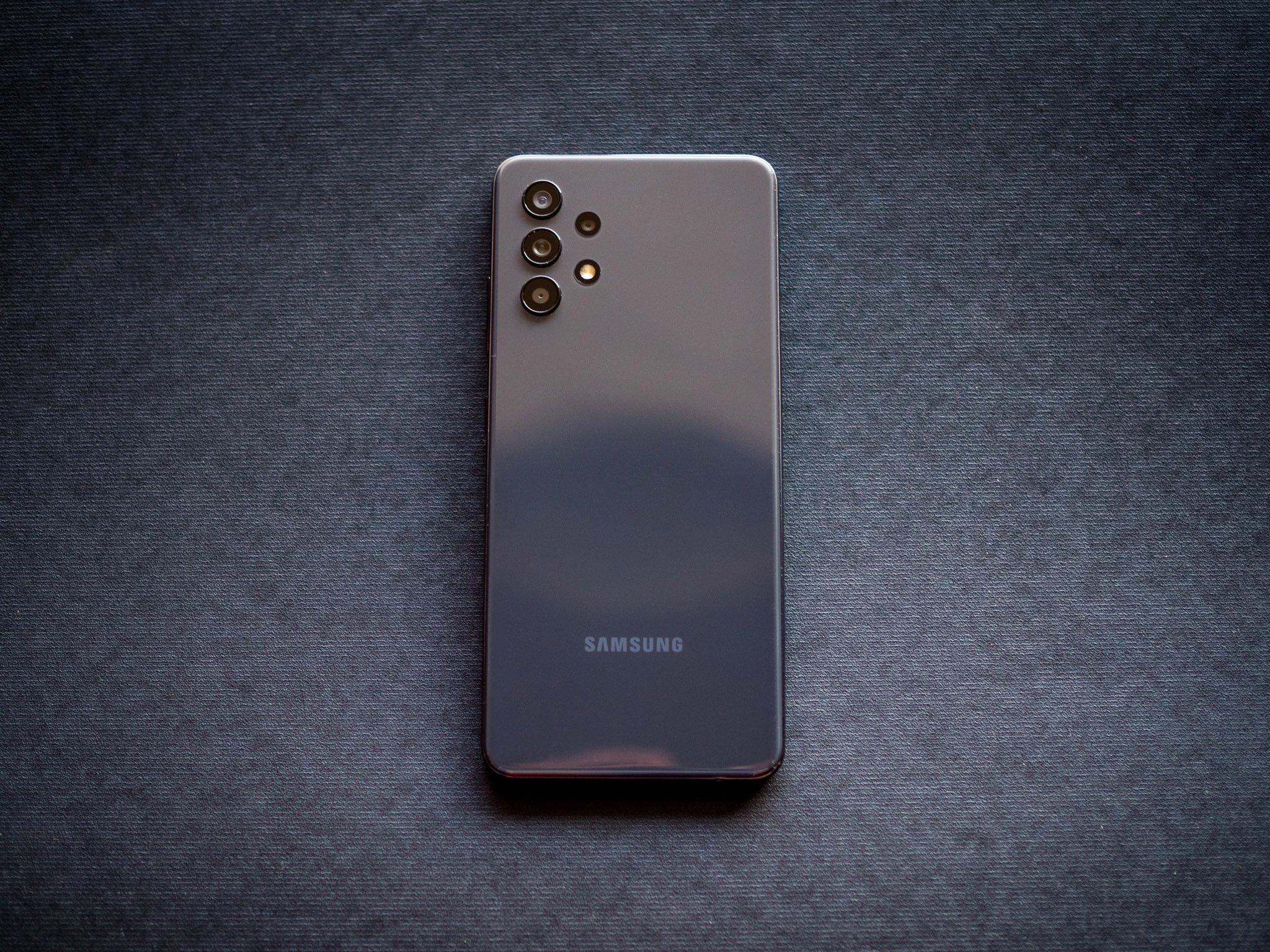
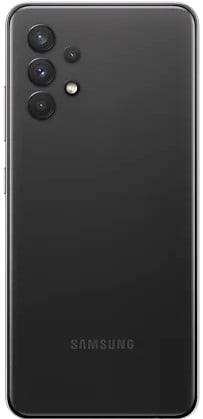
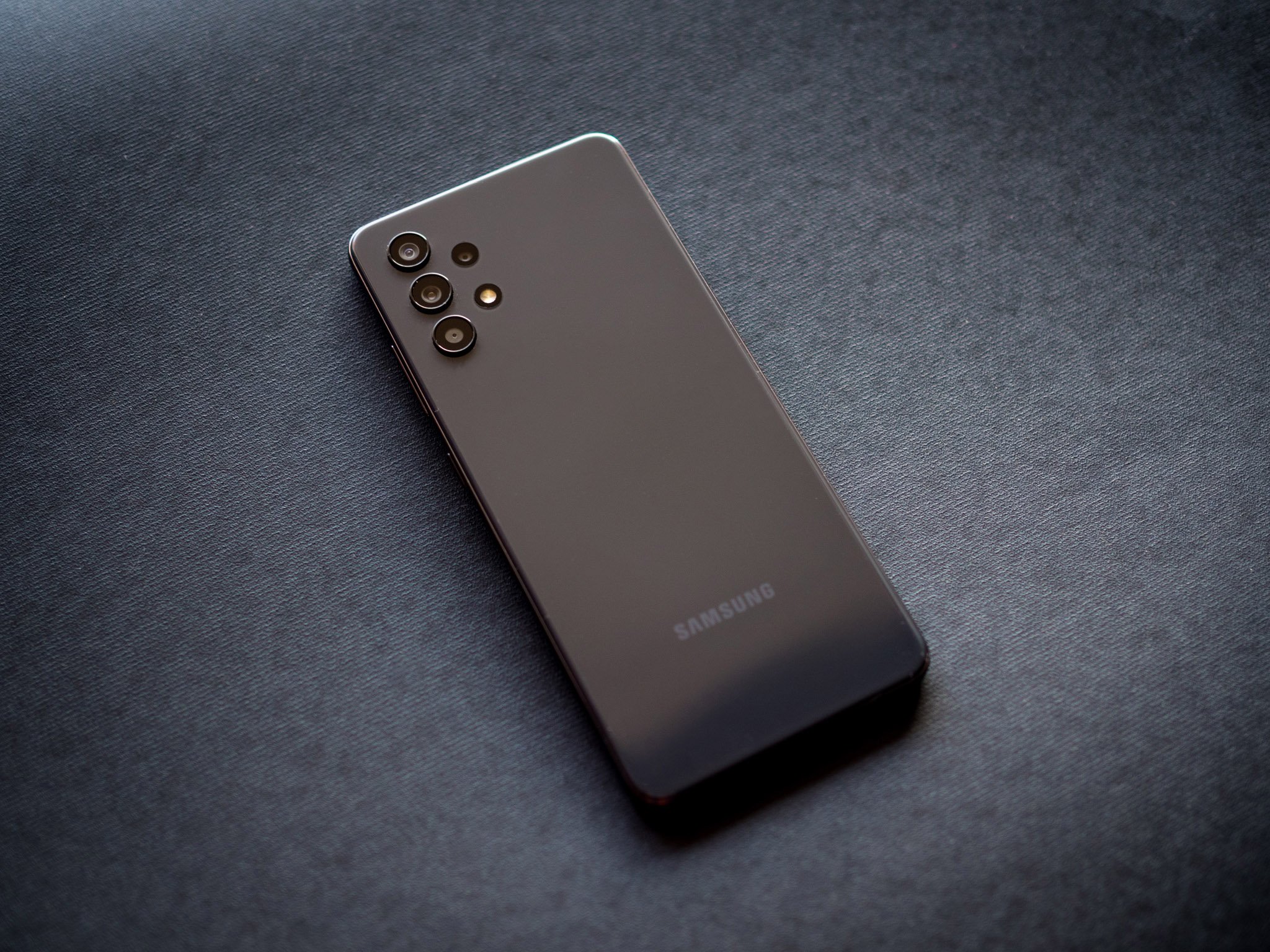
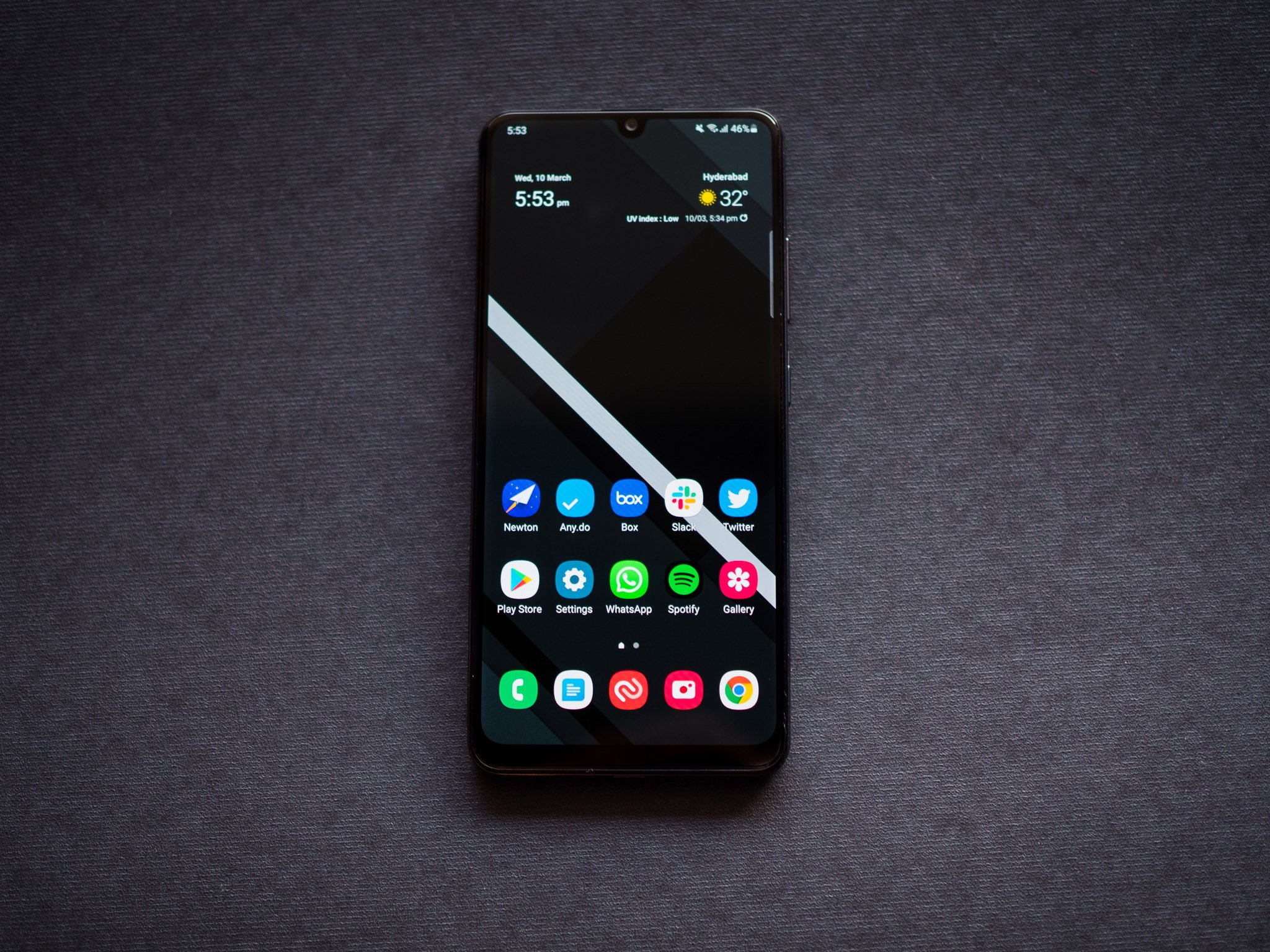









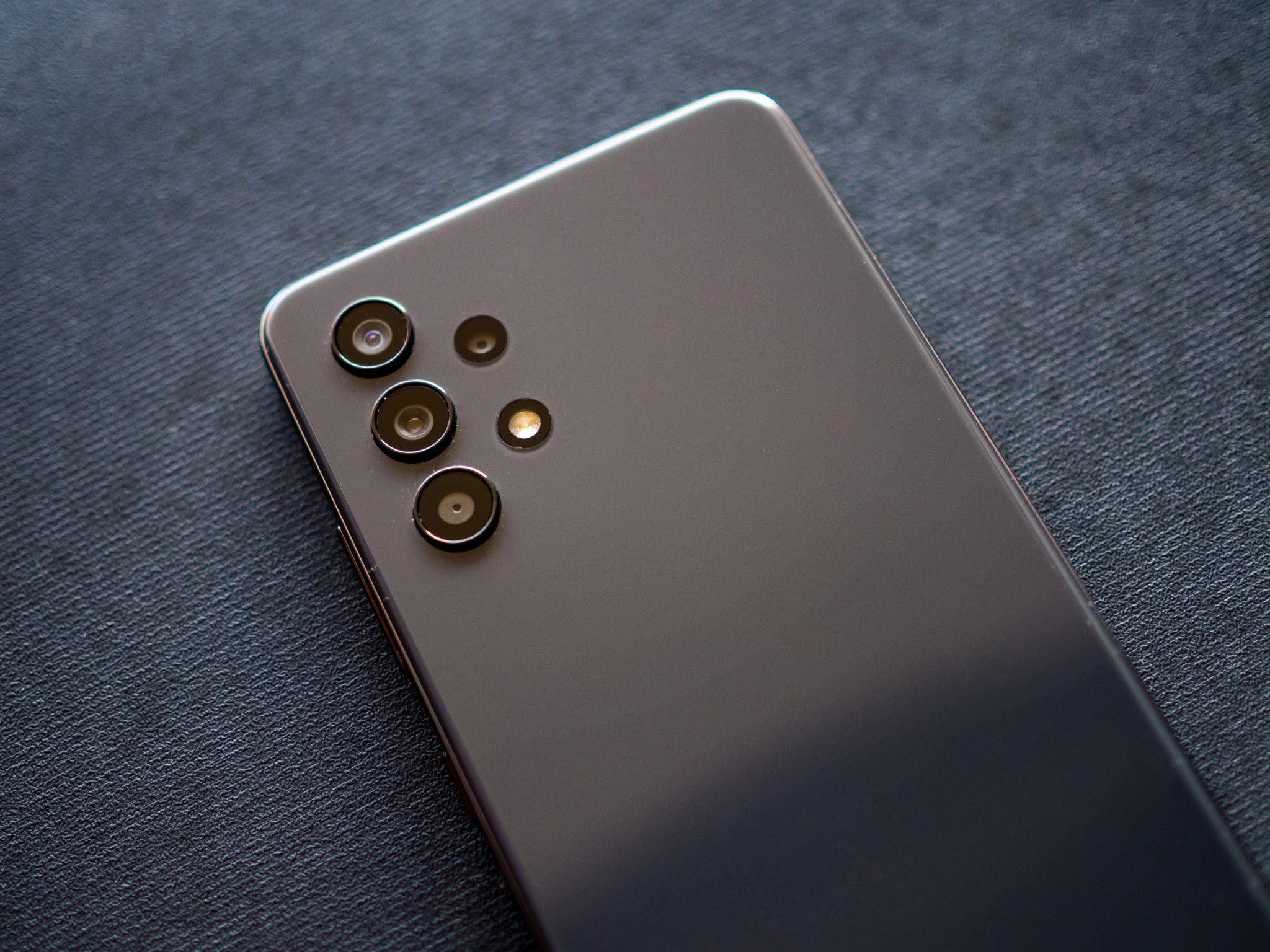






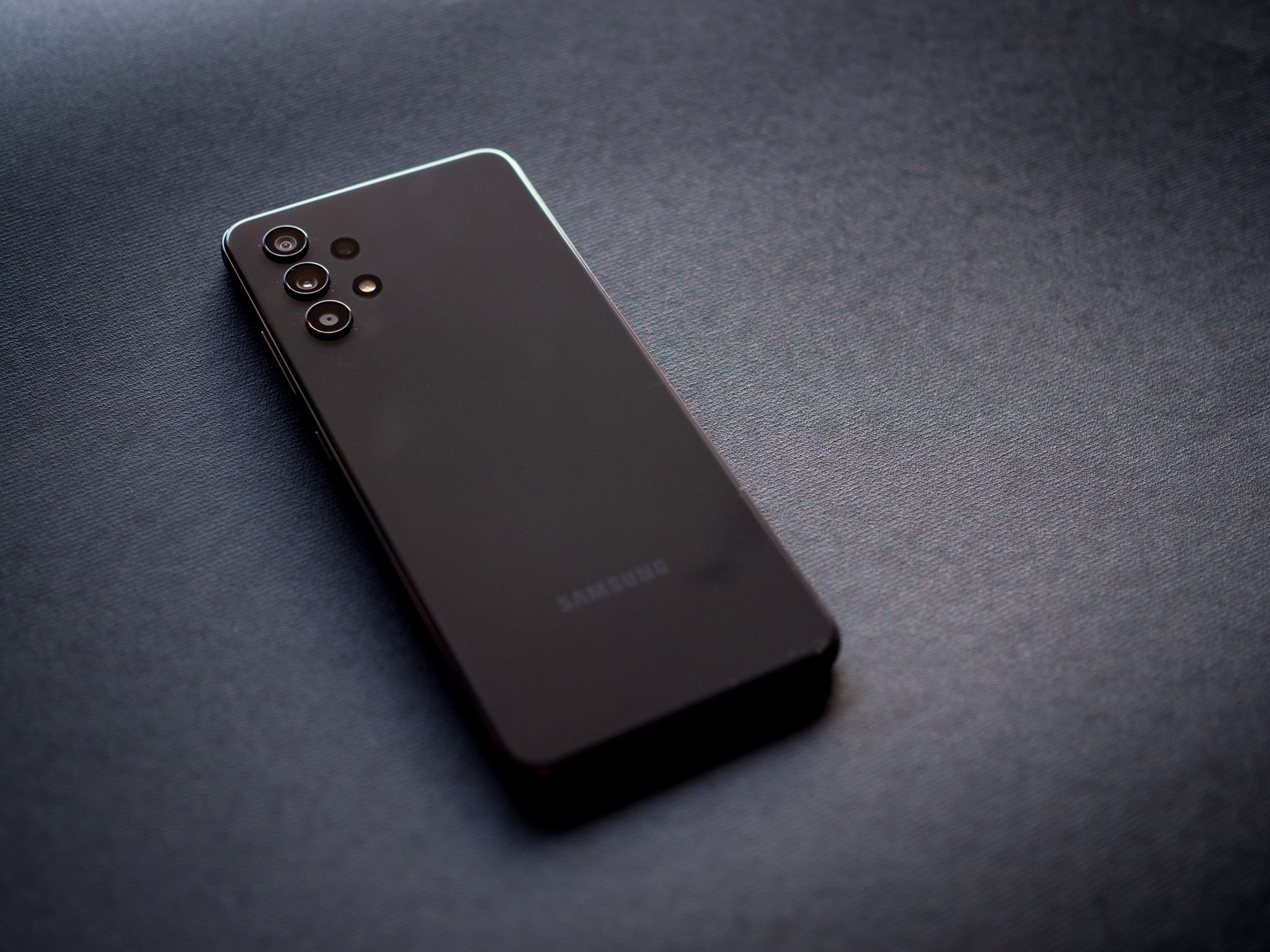
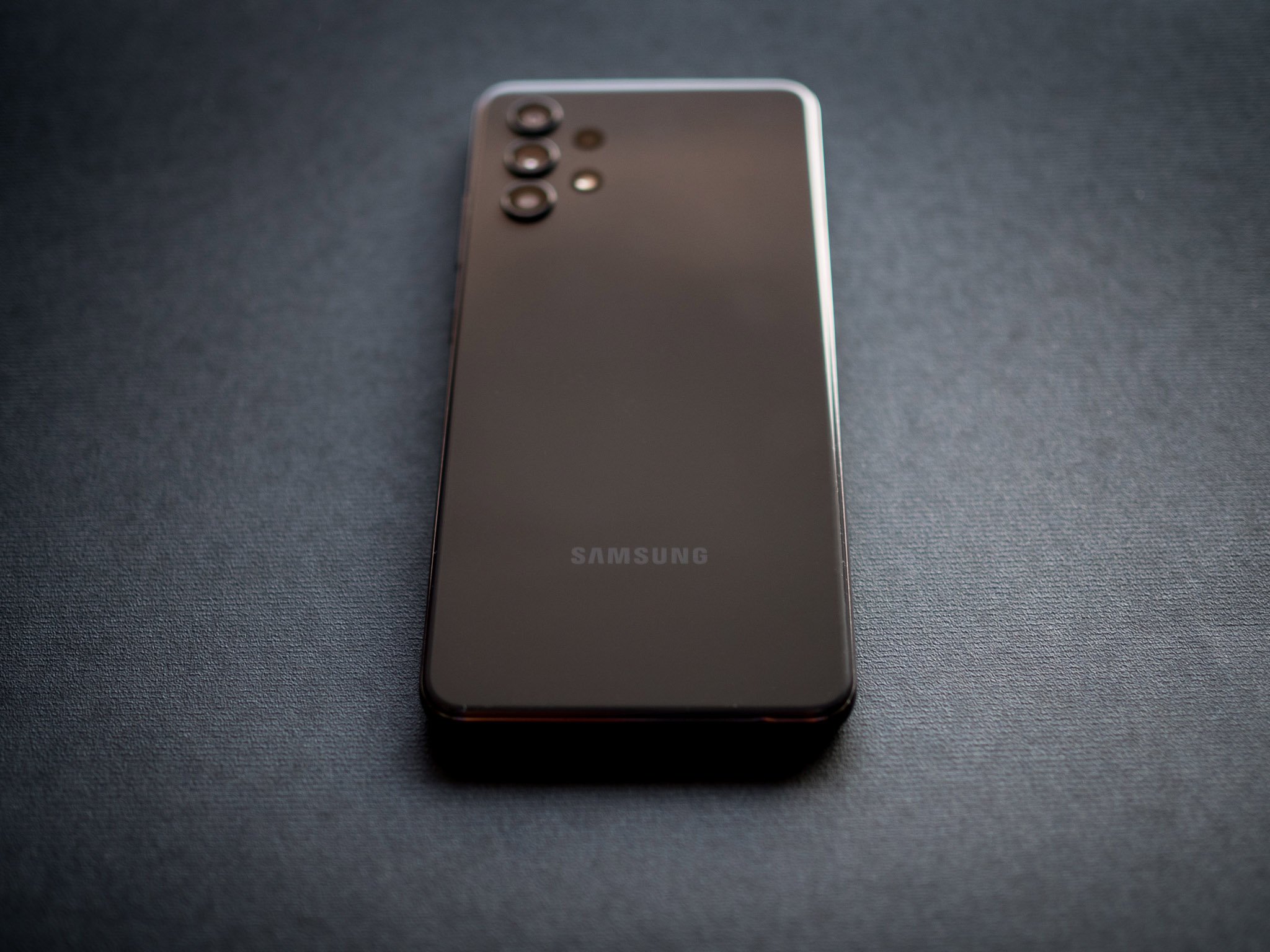
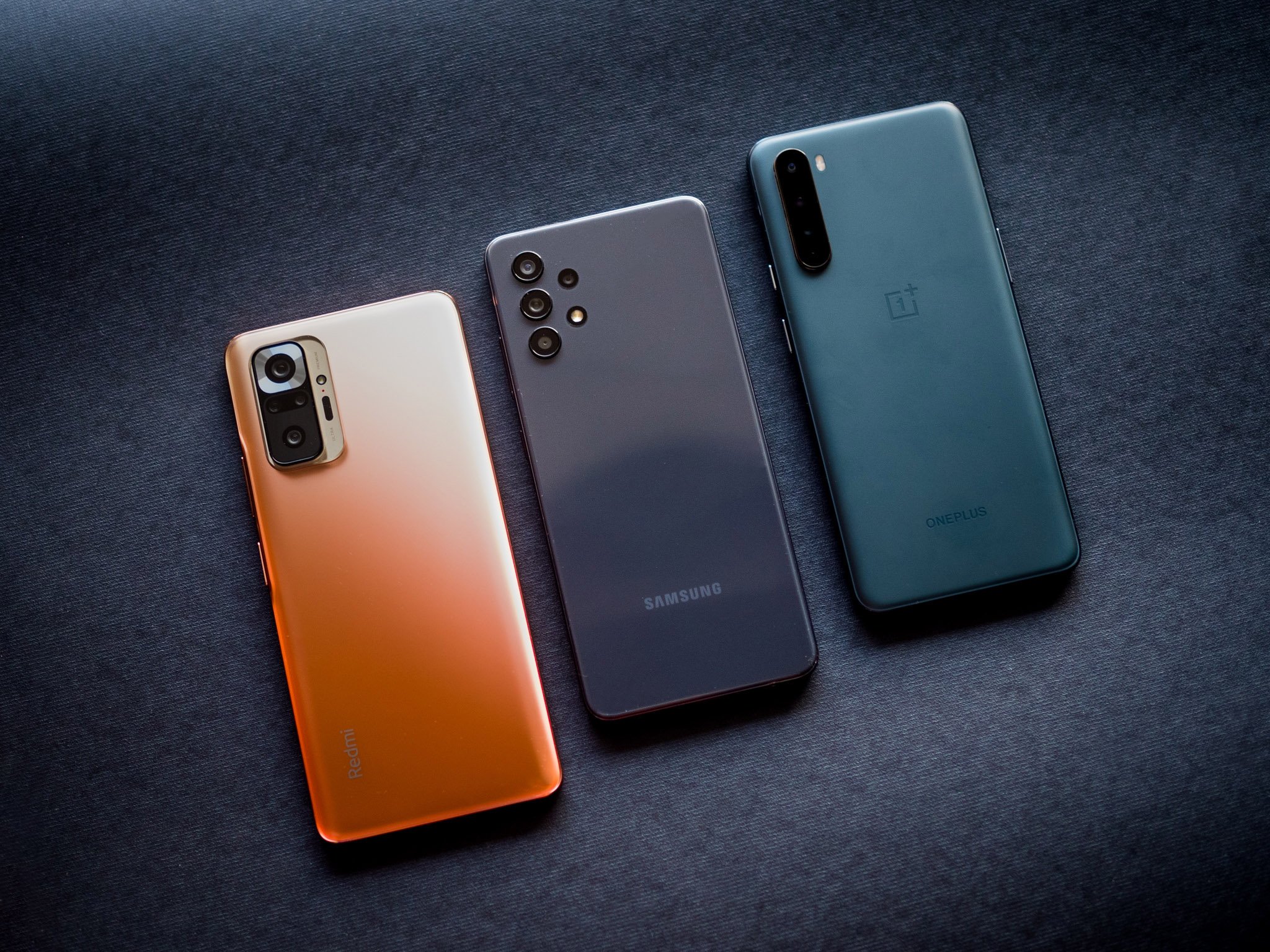
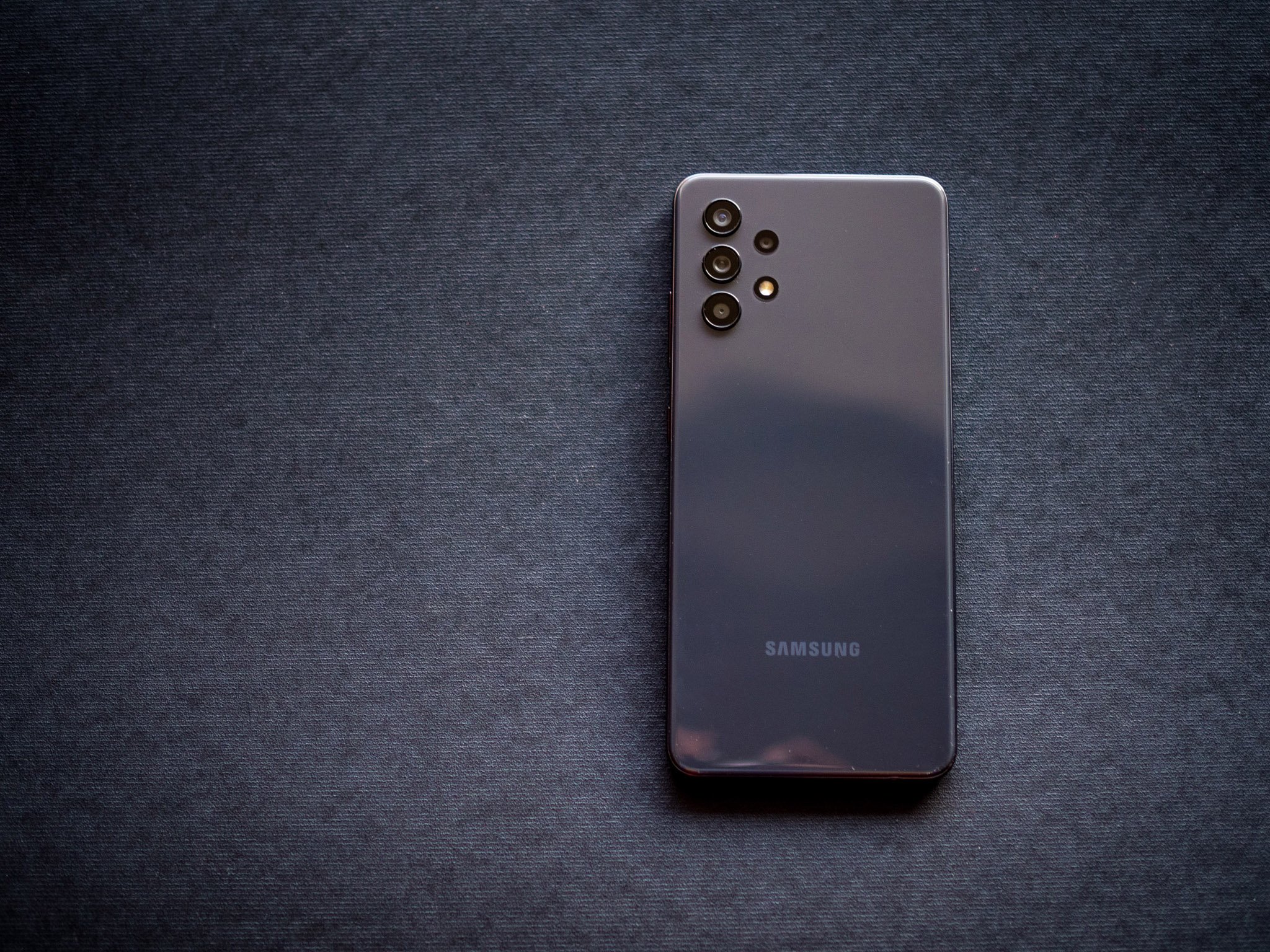
0 Response to "You Can See More: Review: The Galaxy A32 gets a lot right — but there are a few caveats"
Post a Comment